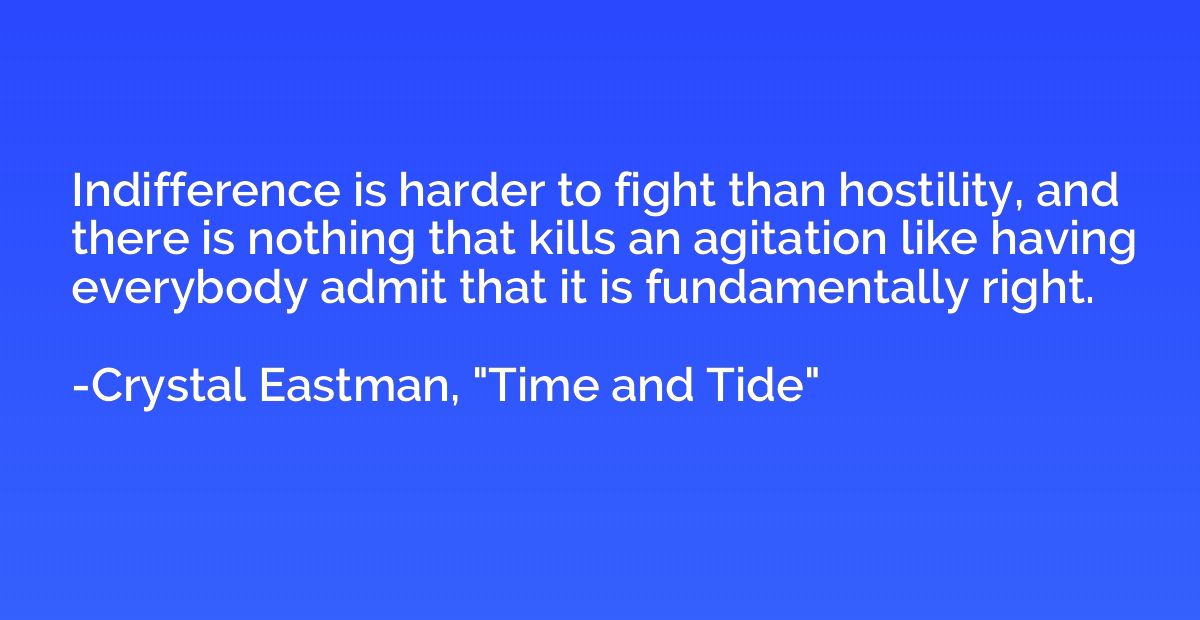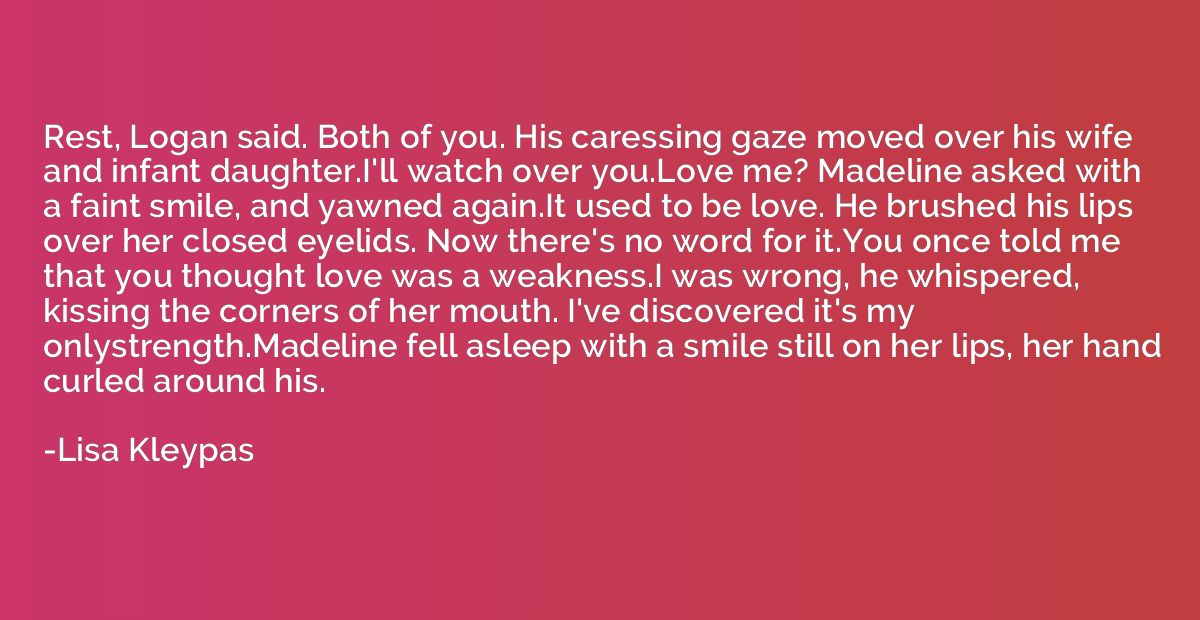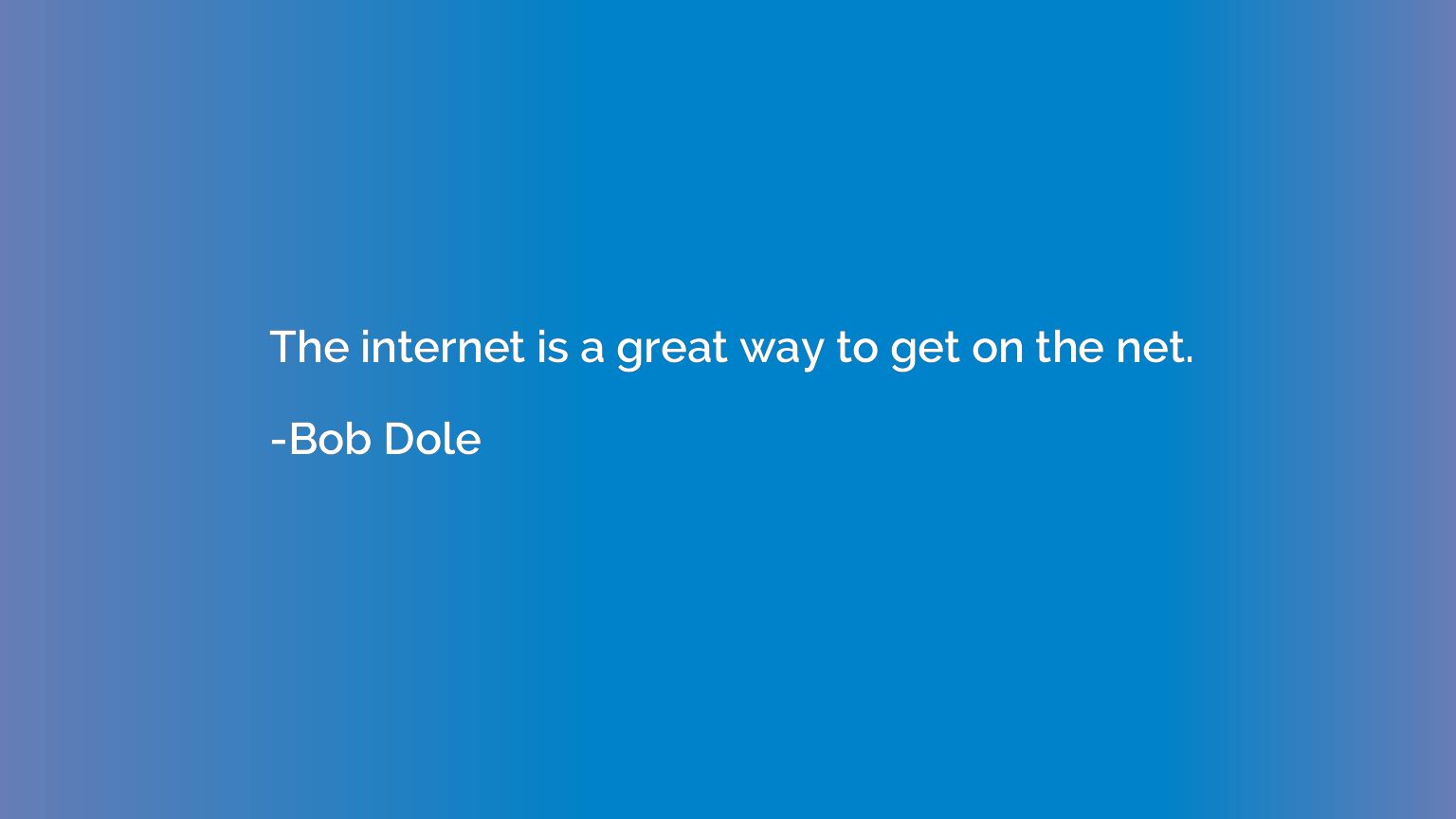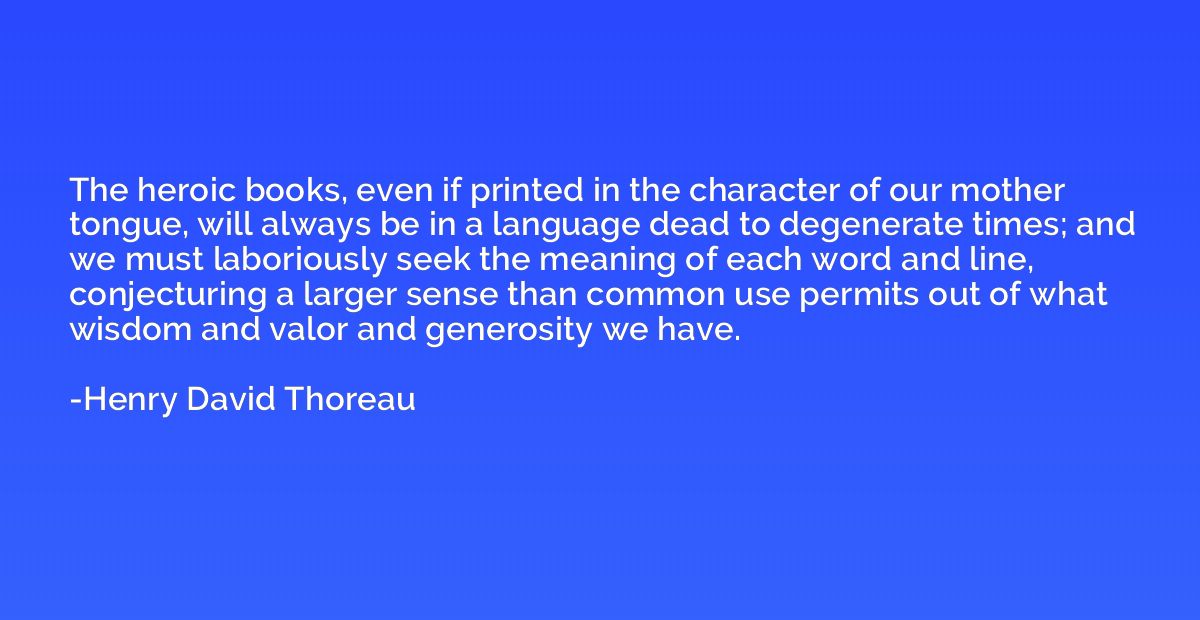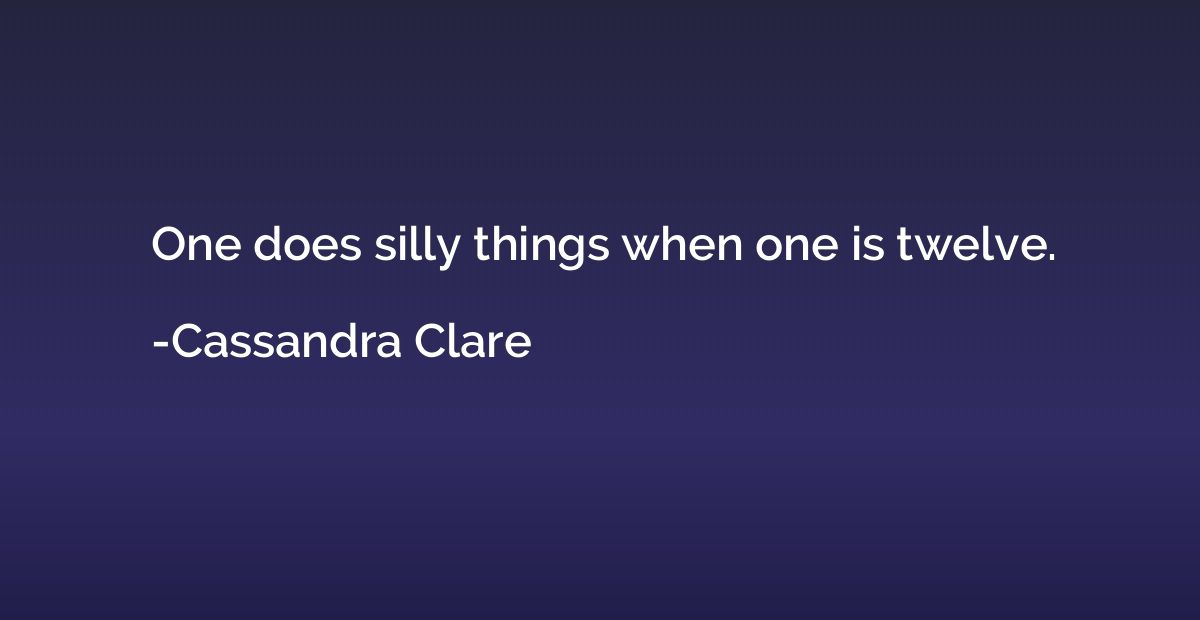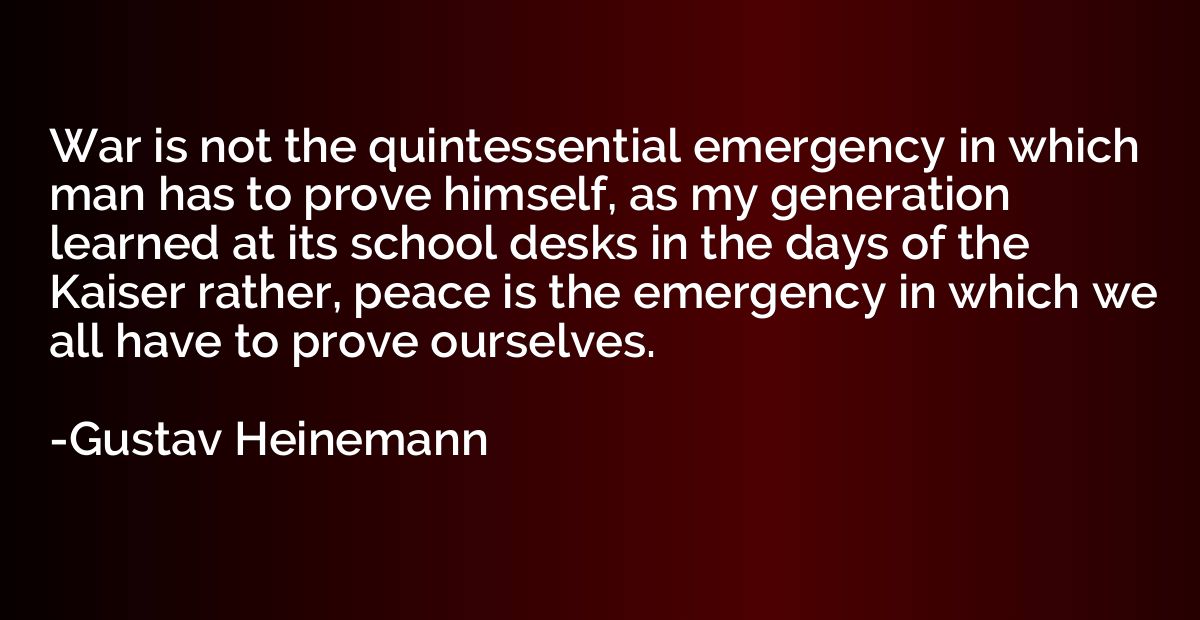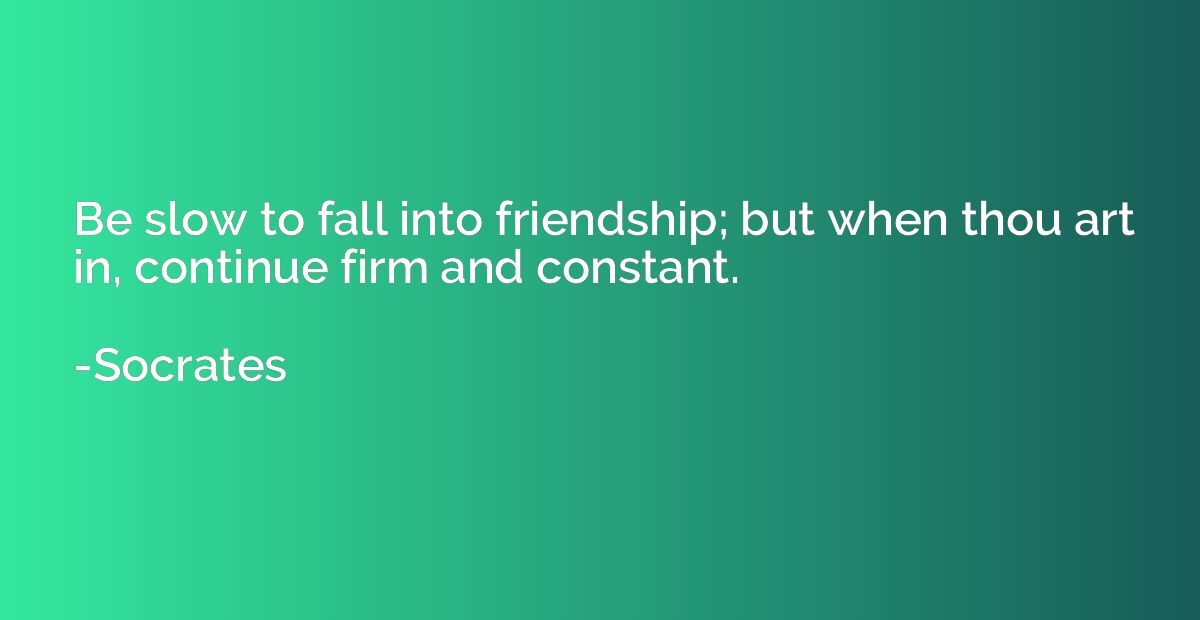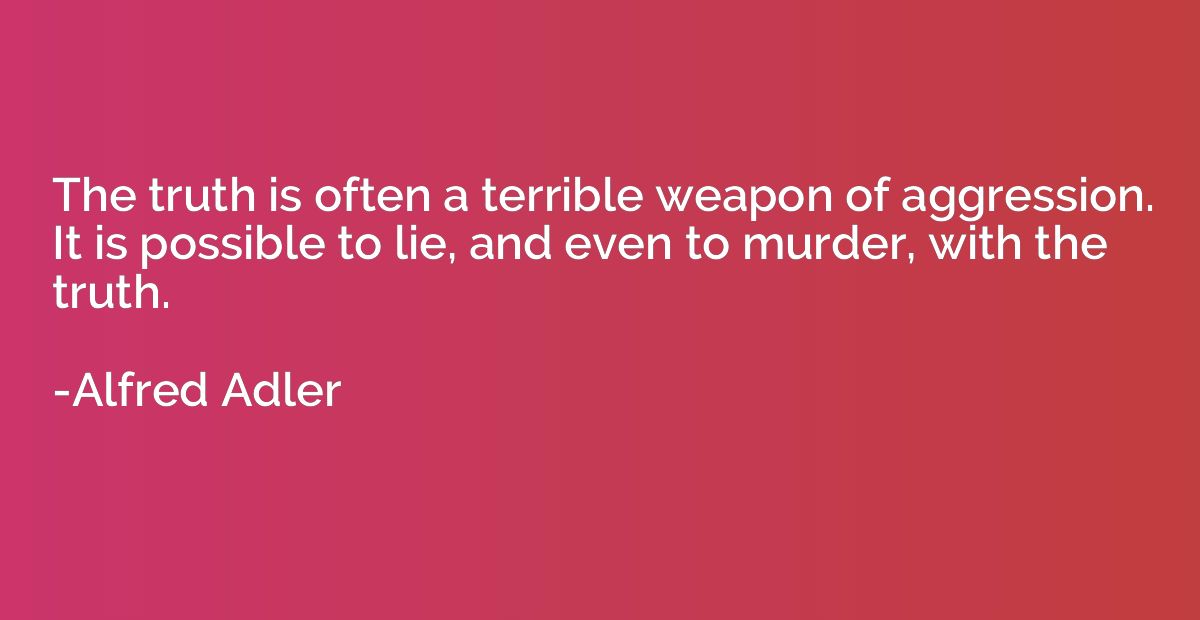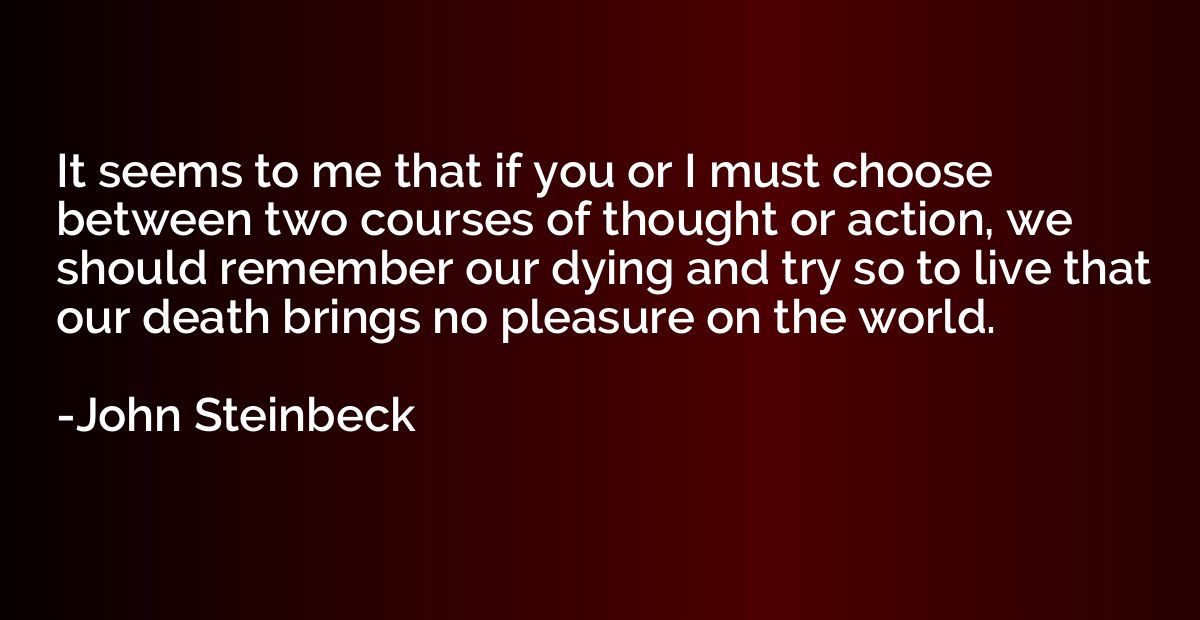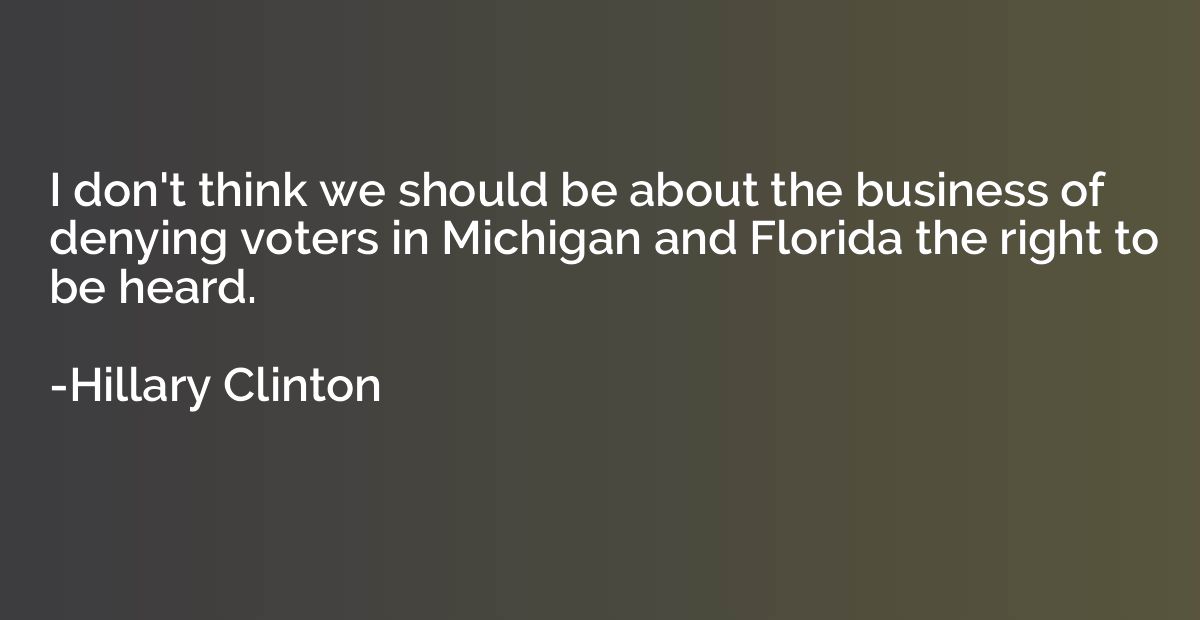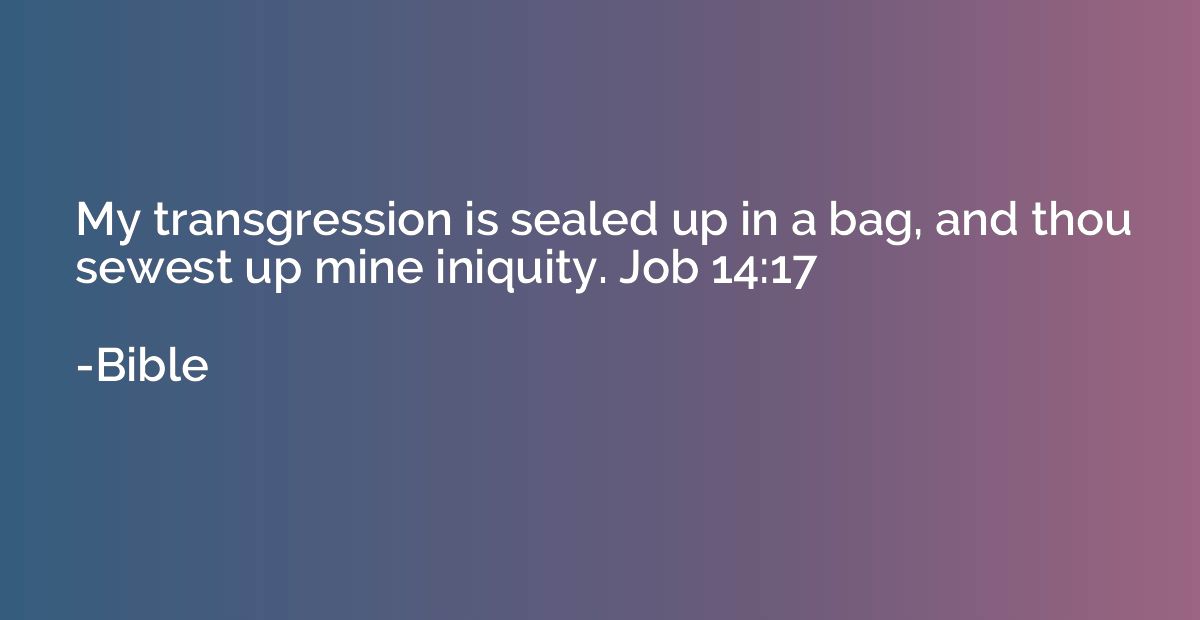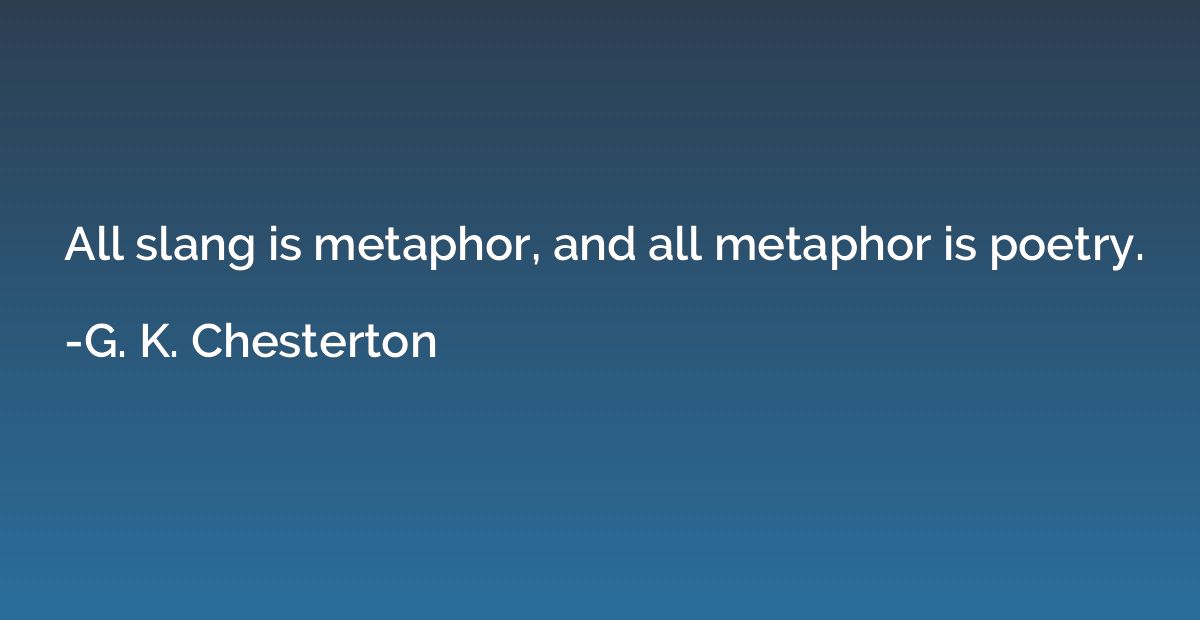Quote by Annie Caulfield
It takes time to see the desert; you have to keep looking at it. When you've looked long neough, you realise the blank wastes of sand and rock are teemming with life. Just as you can keep looking at a person and suddenly realise that the way you see them has completely changed: from being a stranger, they've gradually revealed themselves as someone with a wealth of complexities and surprising subtleties that you're growing to love.
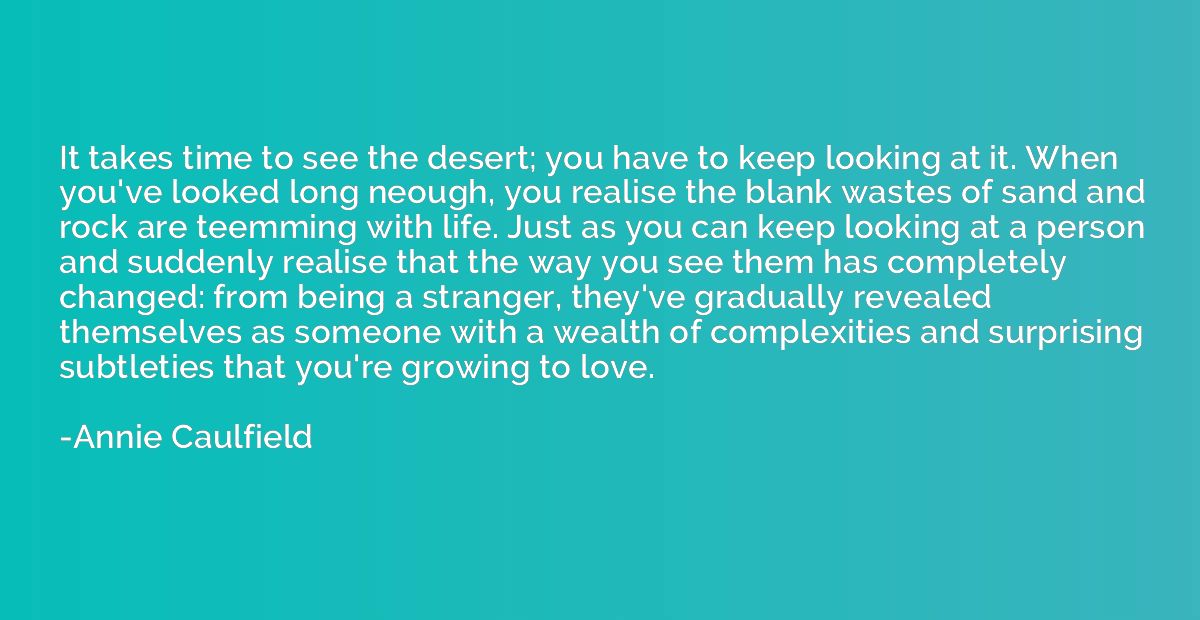
Summary
This quote highlights the importance of patience and continuous observation in order to truly understand and appreciate something or someone. It suggests that, like the desert, it may take time and sustained attention to recognize the hidden beauty and abundance of life within seemingly barren landscapes. Similarly, when getting to know a person, initial perceptions can evolve over time, revealing the intricate layers and captivating qualities that deepen one's connection and affection. This quote emphasizes the transformative power of prolonged observation, encouraging us to be patient and open-minded in our perceptions.



